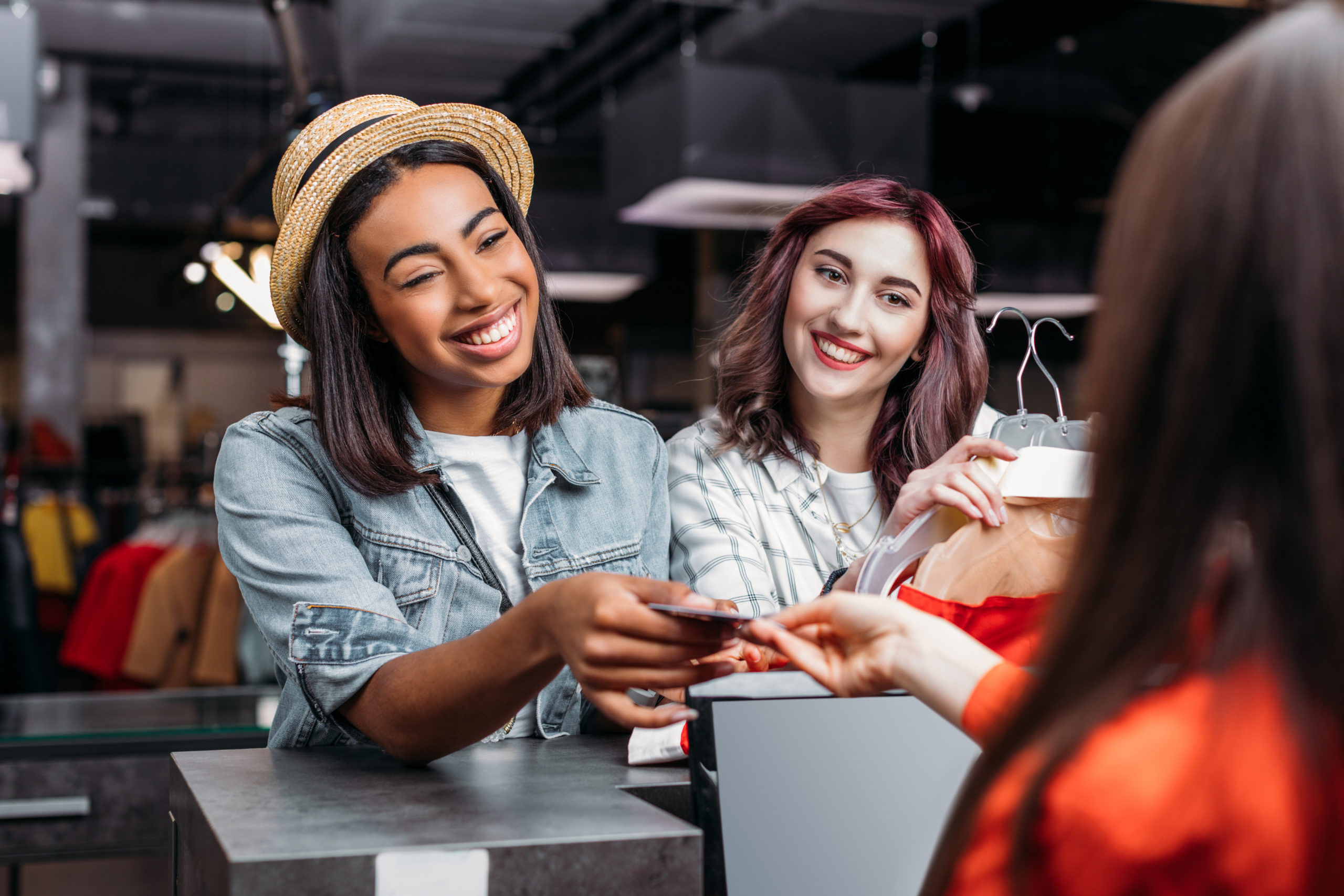Why a Gift Card is the best Covid-friendly present this Father’s Day
Father's Day is a chance to honour the special men in our lives. They don't need to be your dad, or grandad, they can be anyone's dad or not even a dad. And if you don’t really have the time or fresh ideas to go hunting for something specific - how about grabbing a gift card for him to spend as he wishes. We’re letting you in on our tips for this practical and thoughtful hack on giving a gift.
Your Ultimate Guide to EOFY Sales
With the lure of huge discounts and extra money from our upcoming tax return, this is usually the time we buy big ticket items. Electronics like laptops are particularly popular with work from home tax deductions on offer. And even fashion items, like a handbag, can be claimed as an essential for your remote office. For more information on how you can maximise your tax return, we have our guide here. Here's our take on getting the best deals this EOFY sales!
Buying Kitchen Appliances: How to Shop and Save Like an Expert
It’s no question that your kitchen appliances need to work well. From stoves to fridges, toasters to dishwashers, these are all important in preparing for and cleaning up after a meal. They should be safe, durable, and effective. So, when it comes to a kitchen appliance, which should you splurge on, and which ones can you save on? We're here to guide you with some tips for buying the perfect kitchen appliance.
Credit Card or BNPL: Which Offers Better Safety and Protection for Your Money?
These days, cashless is the way to go. But with other services like Buy Now, Pay Later available in Australia, is it still smart to get a credit card? Let’s talk about that hot piece of plastic and what it can really do for you.
When to indulge and how to save this Easter
Easter is just around the corner and like always, we are here to make your life easier. Like you, we have been working hard all year and we are excited for a chance to relax and enjoy the break with our loved ones. We want you to have an enjoyable holiday, so we have done the research into Covid-friendly fun for you!
Why you are spending more with Buy Now, Pay Later services like Afterpay and Zip
The use of Buy Now, Pay Later (BNPL) services like Afterpay and Zip are gaining in popularity. After many years of debate, BNPL is still not considered a loan and there are no laws to protect customers. Instead of laws, a Code of Conduct created by the industry for the industry has been released in Australia. We examine the mechanics of these guidelines, what it means for your purchasing power and the things you can do to prevent mishaps.
Skincare products you won’t want to share
Knock-offs have been around forever. However, we are seeing more fake products being made and sold around the globe. So does that mean that fakes are getting better or worse for quality and safety? And what is so appealing about fake products anyway?
Top tips to combat credit card fraud
Checking our card statements should be an easy and hassle-free process, but what if a transaction you see surprises you? The suspicious amount might be a low value ride-share transaction you do not recognise. Or it might be a seriously large purchase that you know you definitely did not buy. Either way, your heart will skip a beat when you realise you have been stung by credit card fraud.
How to spot a knock-off and what can happen if you own one
Our confidence and skills with online shopping are improving every day, which means we’re becoming more adventurous with our purchases. Clothes, snacks, bath essentials, shoes, whatever it is we’re looking for, there's surely an online store selling it. But, what can we do if the product we bought was actually a knock-off?
When excitement turns to disappointment – things you can do about a dud event
Living in the digital age means we're able to plan our adventures from the comfort of our home. We spend our time researching and coordinating, hopeful of having a fun time, usually with our favourite people in tow. So, how can you tell if the event going to be a fizzer or a best-seller when you're reading the promotions?










